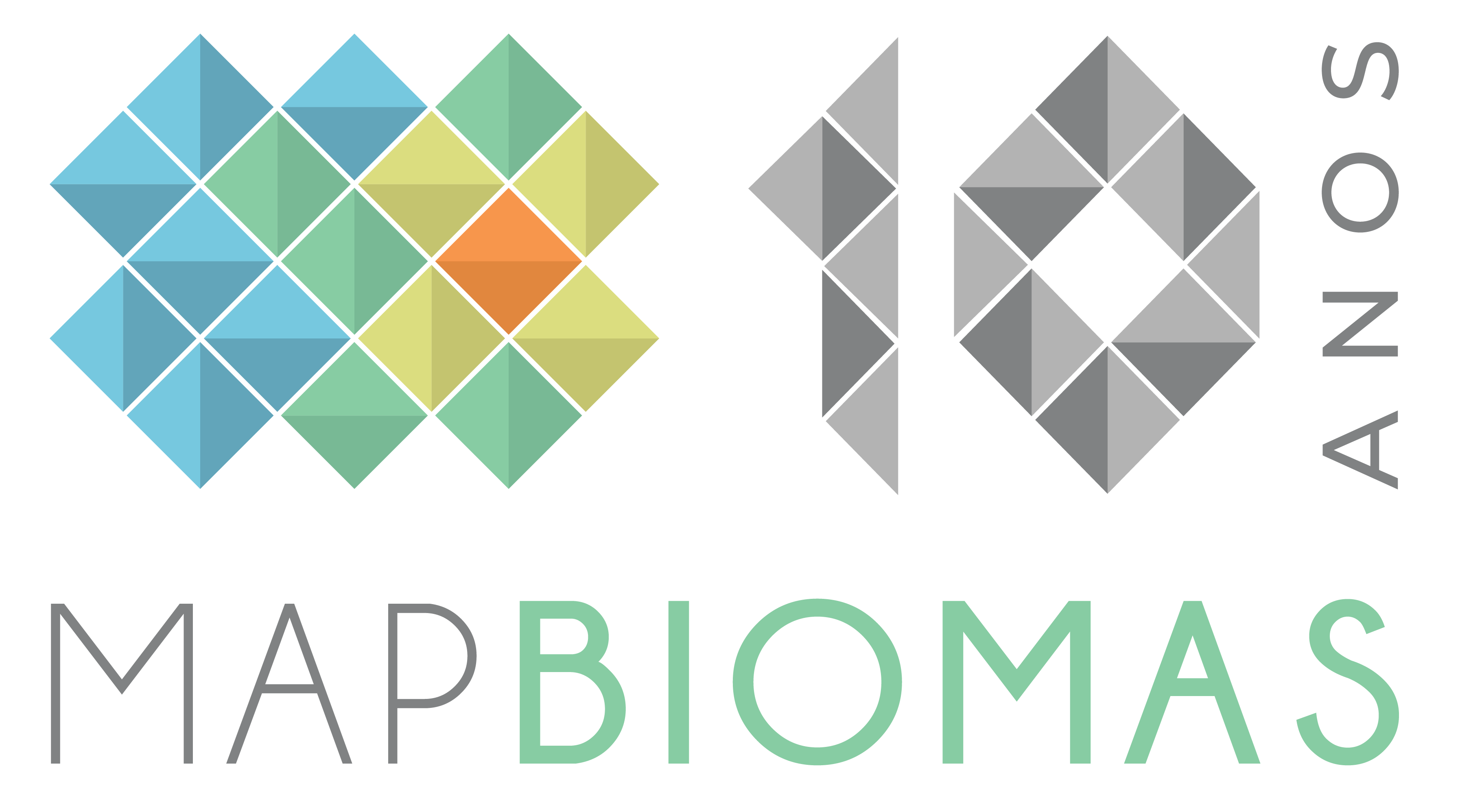MapBiomas was officially launched in July 2015 and is organized collaboratively: NGOs, universities, laboratories, and technology startups startups make up the network. We conduct annual mapping of land cover and use, as well as monthly monitoring of surface water and fire scars with data dating back to 1985. Reports are also validated and produced for each deforestation event detected in Brazil since January 2019, through MapBiomas Alerta.
ORIGIN
MapBiomas originated from a seminar held in March 2015 in São Paulo, where experts in remote sensing and vegetation mapping were invited by SEEG/OC to discuss a central question: how to produce annual maps of land use and cover for all of Brazil in a significantly cheaper, faster, and more up-to-date manner compared to existing methods and practices, while also retrieving historical data from the past decades? To achieve this, it would require unprecedented processing capability, a high degree of process automation, and the collaboration of a community of experts in each field. Based on this, a technical cooperation was established with Google, using the Google Earth Engine platform as the foundation, with training conducted in Mountain View, California. Google Earth Engine como fundamento, com treinamento realizado em Mountain View, Califórnia.
INITIATIVE CHARACTERISTICS
MapBiomas operates collaboratively with institutions focused on different biomes and cross-cutting themes, with the common goal of generating data on land use. It is designed to integrate and incorporate contributions from the scientific community and other interested collaborators. We utilize distributed and automated data processing in partnership with Google Earth Engine. Our platform is open, scalable, and designed to be applied in different countries and contexts. Google Earth Engine. Nossa plataforma é aberta, escalável e projetada para ser aplicada em diferentes países e contextos.
OUR PURPOSE
Reveal transformations in the Brazilian territory through science, with precision, agility and quality and to make knowledge about land use accessible, in order to pursue conservation and sustainable management of the natural resources as a way to fight climate changes.

